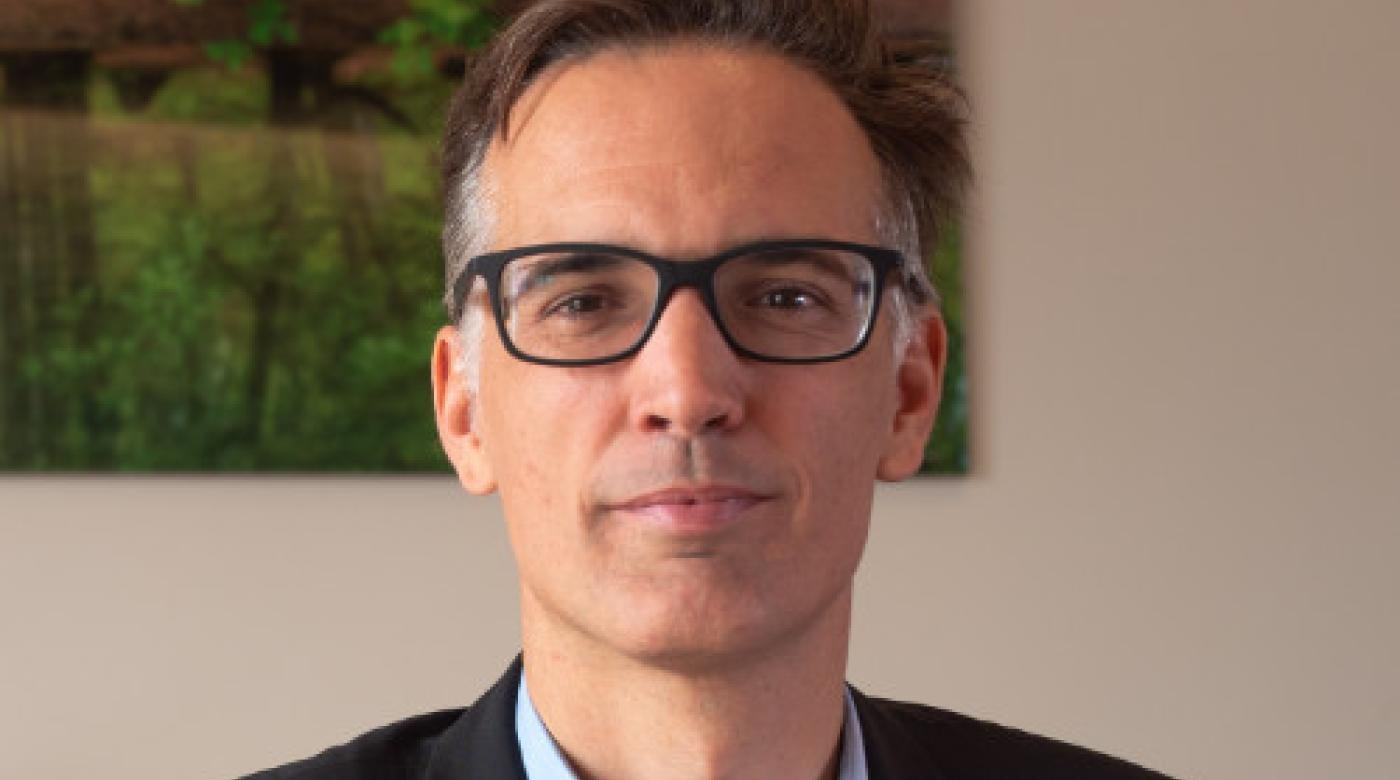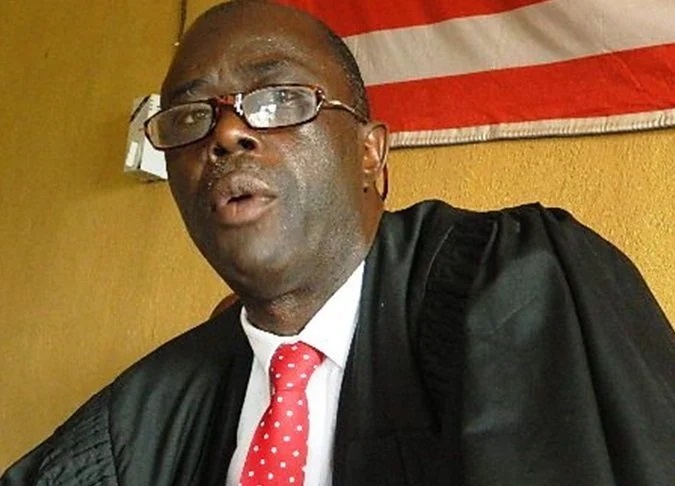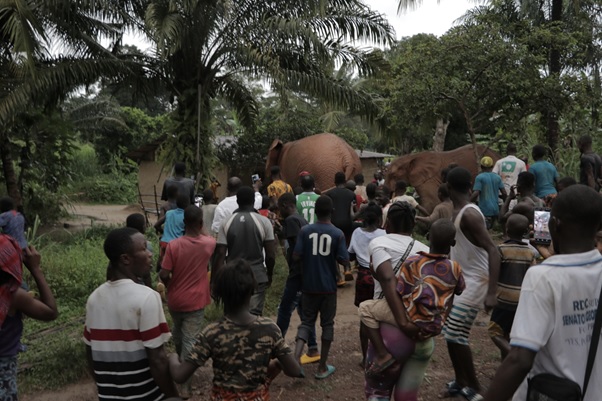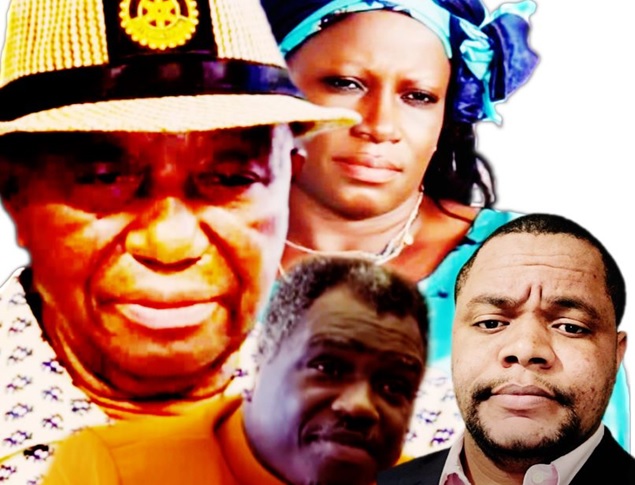MONROVIA – Associate Justice Yamie Quiqui Gbeisaye is expected to rule today on whether or not the Liberian justice system has the authority to prosecute Alain Werner, a Swiss national who is based outside of the country.
Warner, who is being sued for malicious prosecution for US$15 million, has had his lawyers file a writ of certiorari to the Supreme Court in order to correct the Civil Law Court’s ruling, which paves the way for his prosecution in Liberia.
If the writ is granted, it would slow down the prosecution of the case while the merits are being reviewed. However, if it is not granted, it would set the stage for the Civil Law Court to have jurisdictional control over Werner and the Civitas Maxima trial.

Judge Scheaplor R. Dunbar, who is the first respondent in the new case had earlier ruled denying Werner’s lawyer’s request to have the case dismissed on grounds that the Liberian judiciary lacks jurisdiction. Dunbar in his ruling said that Werner and his organization, Civitas Maxima, voluntarily submitted themselves to the authority of the court when they filed an answer to Agnes Reeves Taylor’s complaint.
“Having voluntarily submitted themselves to this court by appearing and filing an answer to the plaintiff’s complaint, they are legally stopped from arguing that this court lacks jurisdiction over their persons,” Dunbar said.
The suit against Werner and Civitas Maxima was filed by Agnes Reeves Taylor, the ex-wife of jailed Liberian President Charles Taylor, about three years ago on December 6, 2019. This came after the United Kingdom’s Central Criminal Court dismissed seven counts of torture and one count of conspiracy to commit torture in relation to her involvement with the rebel group, the National Patriotic Front of Liberia (NPFL), during the first Liberian civil war that took place from 1989 to 1996.
Taylor believes that her arrest in June 2017 and subsequent release in 2019 were a result of witnesses sponsored by Civitas Maxima and Hassan Bility, founder of the Global Justice and Research Project (GJRP).
The case was dismissed when the UK Crown Prosecution Service failed to prove that the NPFL had the necessary authority over the relevant territory at the time that the crimes of torture and conspiracy were committed, as claimed by Werner and Bility.
And now she is suing Werner and his partner Liberian Hassan Bility, in a class action lawsuit — an action of damage for malicious prosecution and wrong — alleging negligent investigation and malicious prosecution, seeking US$5 million as punitive damages and US$10 million as general damages.
The suit claims that Werner and his collaborators’ actions inflicted emotional distress and defamed her hard-earned character, leading to emotional distress.
Taylor is hoping to use the Liberian Court process to hold Bility, and Werner to account for their alleged false statement which led to her prosecution in the UK, though the case was later dismissed.
However, Werner’s lawyer argued that Taylor’s claim should be against the UK’s Criminal enforcement authorities and not against him and his organization.
The Swiss national lawyer said his client was not the one that arrested and incarcerated Taylor, which the lower court is made to believe otherwise.
“The complaint is false and misleading and has absolutely no bearing on Werner and his organization, and as such, the lower court has no jurisdiction to determine the validity of the actions of a foreign government, in this case, the UK,” Werner’s lawyer said.
The lawyer also argued Civitas Maxima did not initiate a criminal prosecution against Taylor; as such, it cannot be held in an action for malicious prosecution, nor can it be held for slander.
But Taylor had constantly argued that Werner and Bility “can in no way, form, or manner disclaim liability or shift liability to the Metropolitan Police War Crimes Unit or the UK Magisterial Court who were only privileged to have knowledge of and thereby reacted based on the foreign evidence.”
In 1999, Taylor was appointed by her husband to serve as Permanent Representative of Liberia to the International Maritime Organization, which headquarters in London, from 1999 to 2005.
In 2007 she claimed asylum in the UK, while she was still on the UN travel ban list, which was updated to include her location as being in the United Kingdom. She was removed from the travel ban list in 2012.
She settled in the UK, where she worked as a lecturer at the London School of Commerce and Coventry University. In 2017, she was charged with seven counts of torture allegedly committed in Gbarnga, in northern Liberia, and in Gborplay, in north-eastern Liberia.
The torture charges were brought under section 134(1) of the UK Criminal Justice Act 1988. She was also charged with one count of conspiracy to commit torture between 23 December 1989 and 1 January 1991, under section 1(1) of the UK Criminal Law Act 1977.
Her residence in the UK allowed the UK authorities to arrest and charge her, based on universal jurisdiction laws, with the crimes she allegedly committed in Liberia. Source: Liberian Observer







